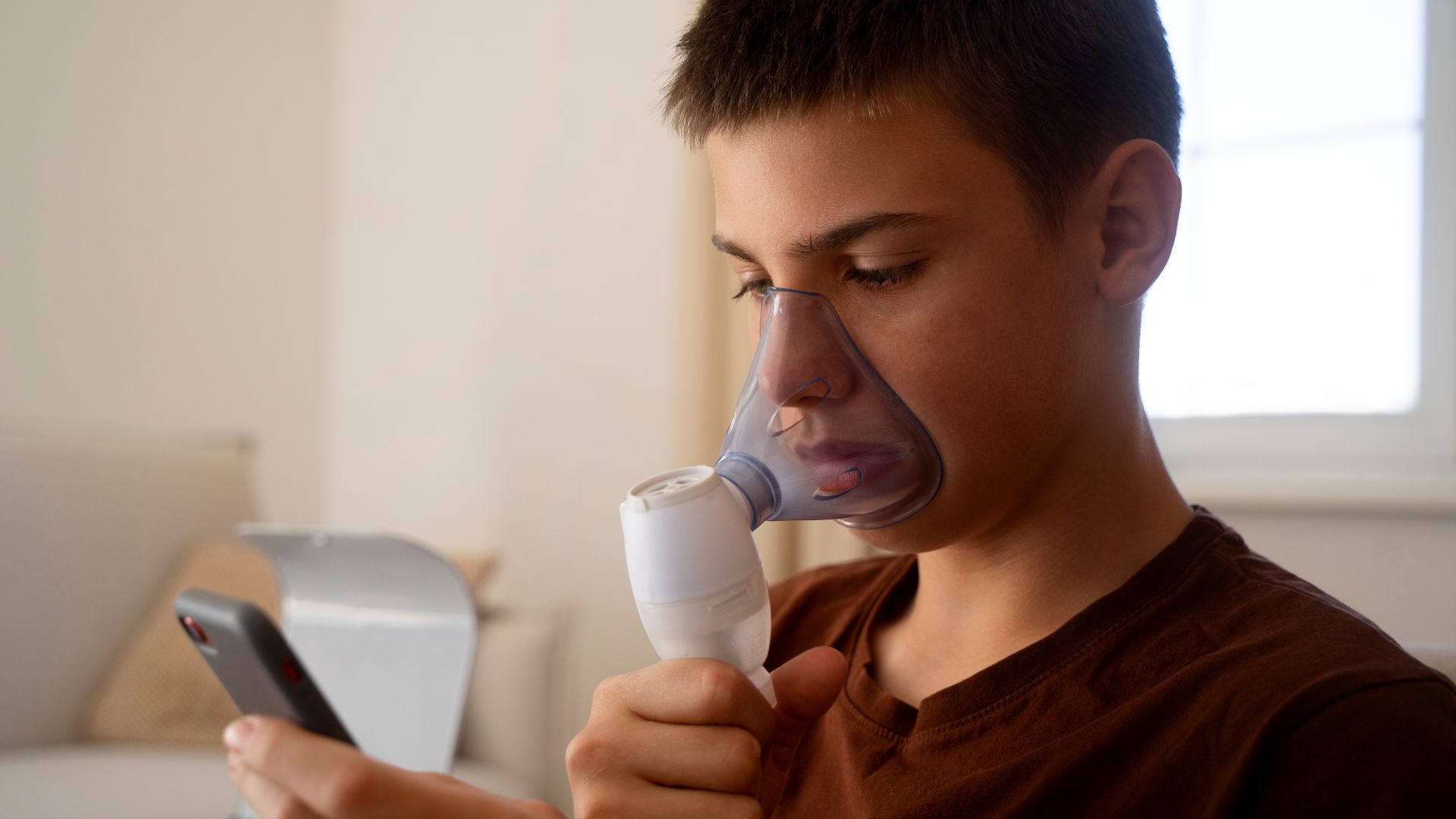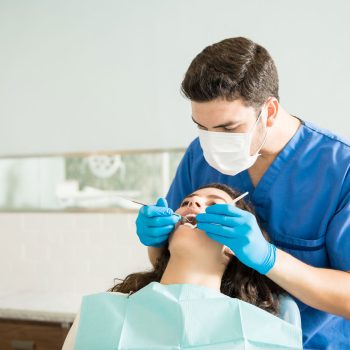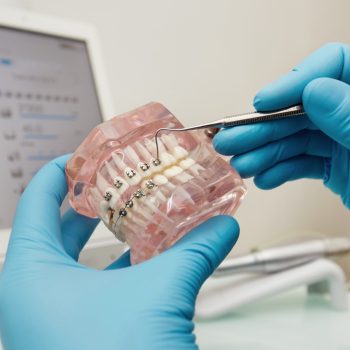
The Importance of Nasal Breathing in Children’s Sleep
- On 9 April, 2024
Sleep is a vital part of child development, providing rest and sustenance for physical and mental growth. However, several factors can influence the quality of children’s sleep, and one of the most underestimated is nasal breathing. Nasal obstruction in children can have a significant impact on their ability to sleep properly and can contribute to a number of long-term health problems.
When a child experiences difficulty breathing through the nose either due to a physical obstruction or structural problems, such as nasal polyps, tonsil enlargement, or deviated septum, it can negatively affect their quality of sleep. During sleep, the body is in a state of relaxation, and any additional difficulty breathing can lead to frequent awakenings or interrupted sleep. This can result in daytime fatigue, irritability, and difficulty concentrating at school.
A worrying aspect of poor nasal breathing in children is its impact on cognitive and emotional development. Sleep is crucial for memory consolidation and learning, and children who experience constant interruptions in their sleep may have difficulty processing information and retaining what they learn during the day. Additionally, lack of sleep can contribute to emotional problems, such as anxiety and depression, which may manifest differently in children than in adults but can still affect your overall well-being.

Another important aspect to consider is the effect that poor nasal breathing can have on children’s long-term physical health. Nasal breathing is crucial for filtering and humidifying the air entering the lungs. When a child breathes primarily through the mouth due to a nasal obstruction, it may increase the risk of developing recurring respiratory infections, such as colds and sinusitis. Additionally, chronic mouth breathing can disrupt facial and dental development, which may require dental intervention to correct problems such as dental malocclusions or jaw deformities.
It is essential to address poor nasal breathing in children early to prevent future complications. Parents and caregivers should watch for signs of nasal obstruction in their children, such as frequent snoring, noisy breathing during sleep, open mouth during the day, and chronic fatigue. If respiratory problems are suspected, it is important to seek evaluation from a doctor or dentist specialized in children’s craniofacial growth and development, who can refer the child to an otolaryngologist for appropriate diagnosis and treatment. In the case in which respiratory problems cause problems in the position or occlusion of the teeth, it would be advisable to carry out joint treatment between the otorhinolaryngologist and the orthodontist.
Treatment of nasal obstruction in children may vary depending on the underlying cause. In some cases, conservative approaches may be recommended, such as using nasal decongestants, weight loss, or practicing breathing exercises. However, in more serious situations, it may be necessary to resort to surgical interventions, such as adenoidectomy or correction of septal deviations, to restore normal nasal airflow. The most frequent facial alterations associated with oral breathing are open bites, crossbites or dental malposition.

In addition to medical treatment, there are steps parents can take to improve their children’s sleep quality. Establishing a regular sleep routine, creating a calm and comfortable sleeping environment, and encouraging healthy sleep hygiene habits, such as turning off electronic screens before bed, can help promote restful sleep.
In conclusion, nasal breathing plays a fundamental role in infant sleep and the general well-being of children. Nasal obstruction can have adverse effects on sleep quality, cognitive and emotional development, oral malocclusions, and long-term physical health. It is important for parents to watch for signs of respiratory problems in their children and seek medical attention if necessary to ensure they receive appropriate treatment and can enjoy healthy, restful sleep.


